Fundamentals of Data Analytics
The BAWorld
NOVEMBER 24, 2023
The blog discusses key elements including tools, applications, future trends, and fundamentals of data analytics, providing comprehensive insights for professionals and enthusiasts in the field. A retailer, for example, can examine sales data, customer feedback, and marketing campaign data to determine why sales fell in a specific month.


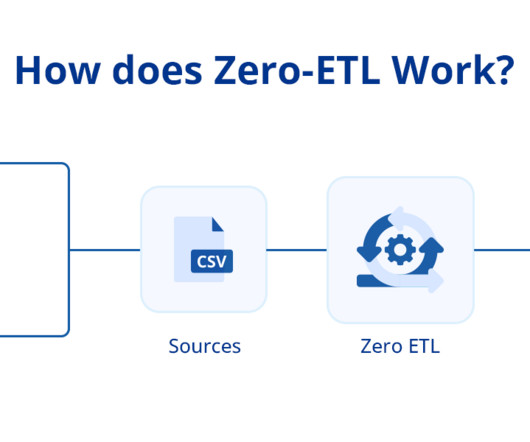
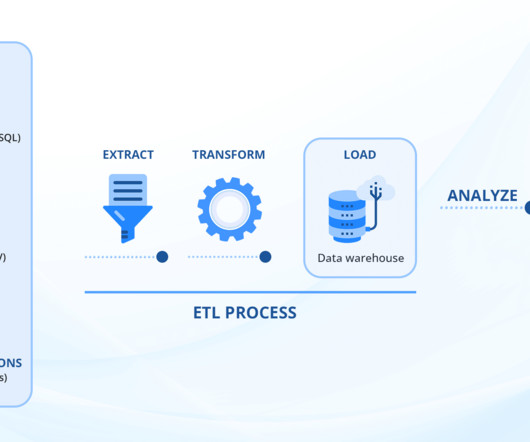
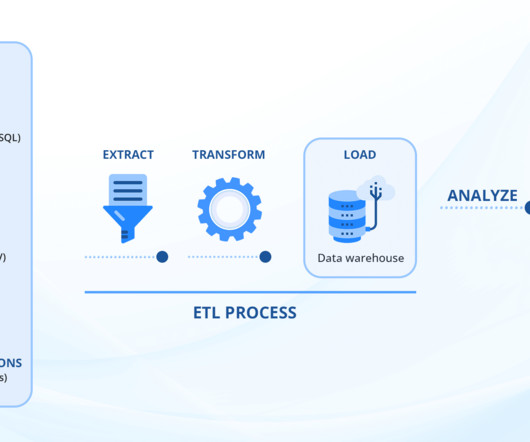
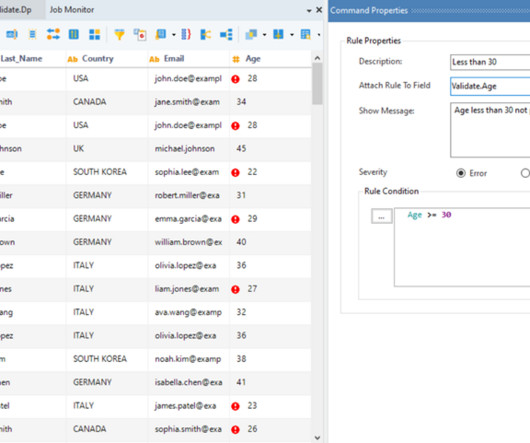
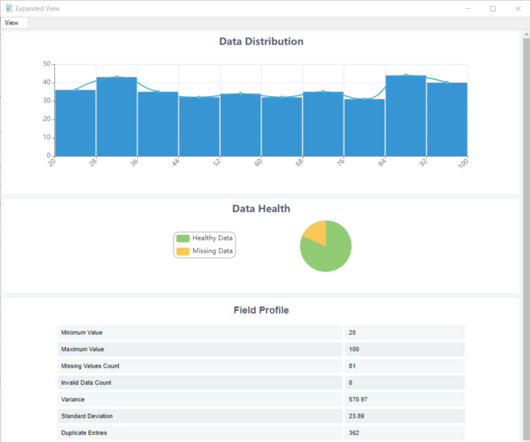
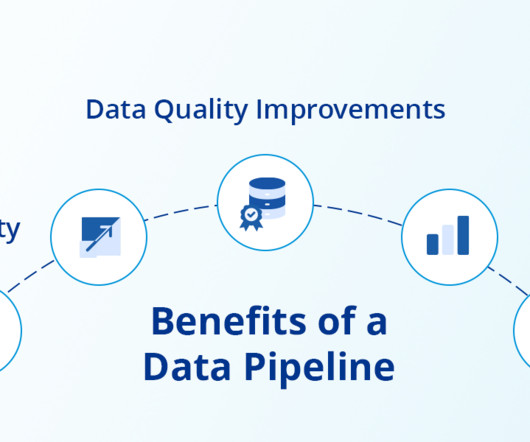
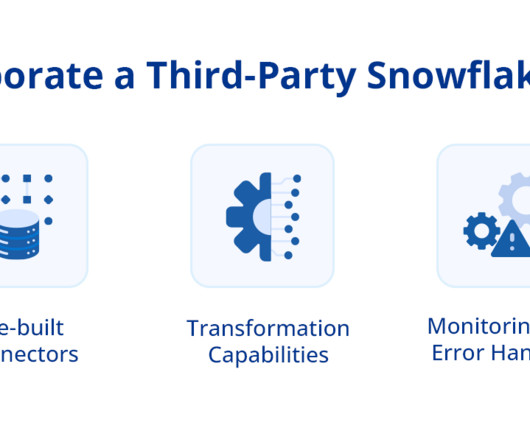








Let's personalize your content